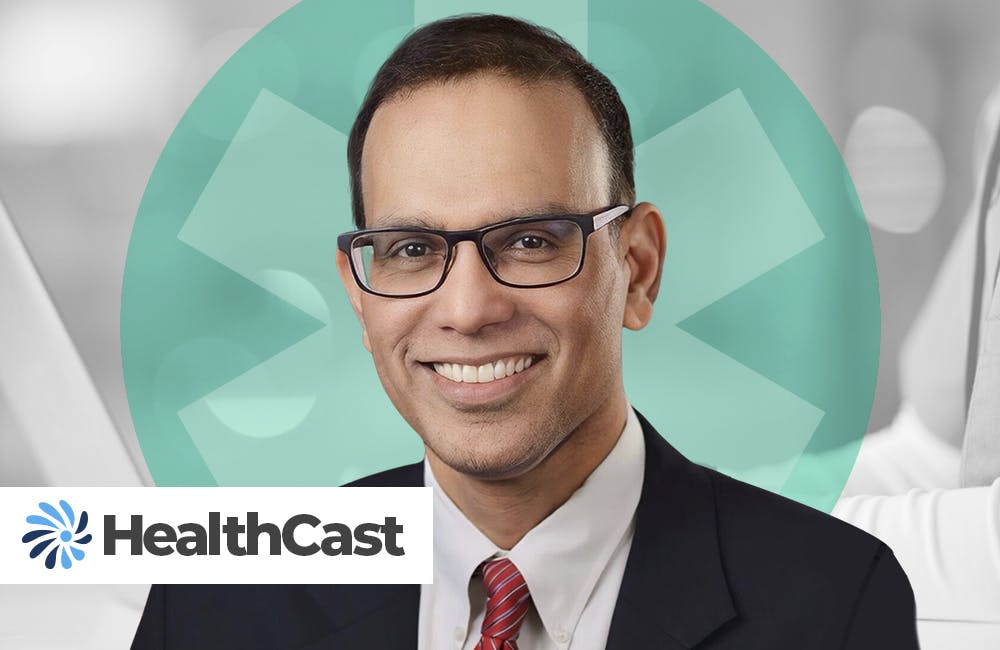Digital Health Modernization Will Create More Patient-Centric Health Care
Rep. Michael Burgess’ own health care focuses have shifted in light of the pandemic.

If one good thing came of the COVID-19 pandemic, it was the expansion of telehealth and digital health services. At a GovernmentCIO Media & Research event on digital health modernization last week, Rep. Michael Burgess discussed how some of his key focus areas in Congress — like patient data privacy and portability, mental health issues and high health care costs — are changing due to the pandemic.
“Going back to even after the stimulus bill passed in 2009 — it seems like forever ago, and practices were required to update and upgrade [patient data systems],” Burgess said at the event. “The portability of data is one of the things that immediately came to me, if we want the system to work, this has to work. That’s really where I’ve focused a lot of my intention since then.”
As hospitals and public health organizations digitize, Burgess said they must keep patient benefit first and foremost. Federal health agencies like the Departments of Veterans Affairs and Health and Human Services should make health data easily shareable between their systems and hospital data centers.
“You’ve already referenced the siloing and fragmentation of data between the public and private sectors, and that does not benefit the patient, and that’s where our focus should be,” Burgess said. “I think we’re moving to a point where even pre-vaccine we can now talk about can we get back to work on what the original vision was in the interoperability title was in the CARES Act [of 2020] and begin to work with doctors and hospitals and practices and make this work for patients — because if it doesn’t work for patients, what was the point?”
Regarding patient data privacy, Burgess believes all patient data should be owned by the patient and easily transportable between doctors, hospitals and practices. Every doctor and specialist who offers an opinion should have a patient’s full medical history and medical data at their disposal.
“The bottom line is it always has to be done for the benefit of the patient,” Burgess said.
While the pandemic may have exacerbated mental and behavioral health issues, telehealth has stepped up to fill the gap in care due to nationwide shelter-in-place orders.
“Is there a way to provide a new level of help? Telehealth in the behavioral space is one of the ways that can be accomplished,” Burgess said.
Because of telehealth’s enormous impact and explosive popularity among patients, Burgess hopes to relax regulations around telehealth restrictions (which largely have to do with patient data privacy) for good.
“[Telehealth waivers] expire at the end of the public health emergency, and one of the repeated questions I get is what are you going to do about that?” Burgess said. “The world is not going back to what it was a year ago when telehealth visits were few and far between.”
Burgess wants to focus on the high cost of disease therapies as well and hopes digital health modernization will help drive down the cost of therapies and cures for patients of all demographics.
“I think telehealth will be a big part of that,” he said. “We need to think in different ways about how compensation for those innovations and inventions occurs. It’s going to be a great time to practice medicine. The next generation of doctors is going to have tools at their disposal that no generation has ever known, and digital health will be a big contributor to that.”
This is a carousel with manually rotating slides. Use Next and Previous buttons to navigate or jump to a slide with the slide dots
-

Energy Researchers Aim For Holistic Approach to AI Issues
A new center at the Oak Ridge National Laboratory is looking at under-researched areas of AI to better understand how to secure it.
2m read -

How Agencies are Upskilling the Workforce in AI
Federal officials are putting in place new training and education methods to ensure its overall workforce understands the technology.
3m read -

Building Better Data Governance Across FDA
The agency is using emerging technology to tackle its data challenges.
19m listen -

A Prepared Workforce is Key to Cyber Resiliency
Strong training strategies and emphasizing cyber hygiene basics enhance security practices at federal agencies.
2m read








